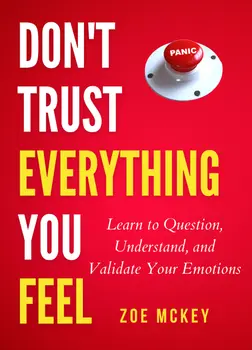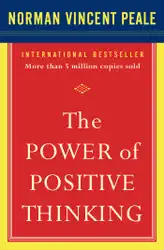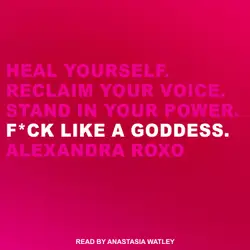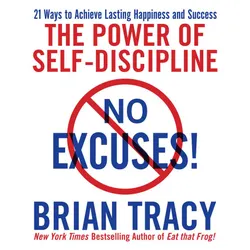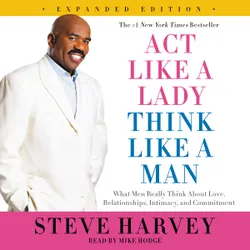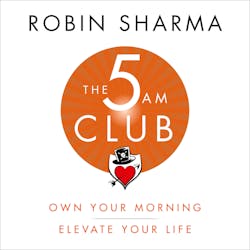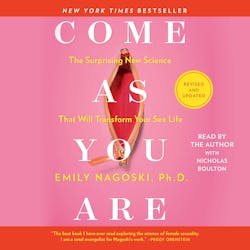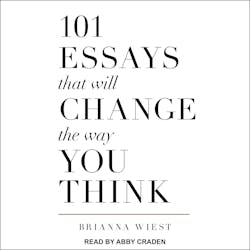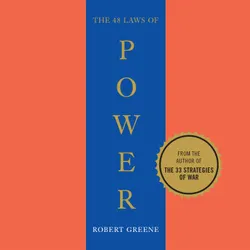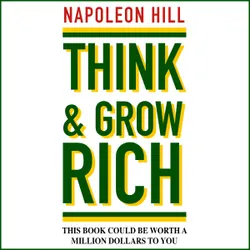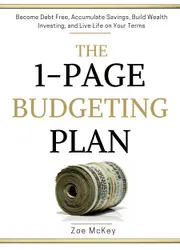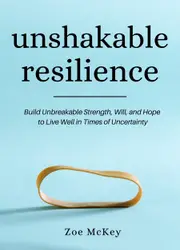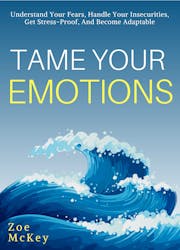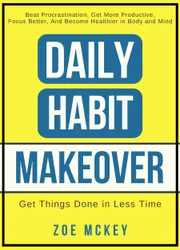Are you happy with your behavior when in a highly emotional state? Or do you rather feel out of control, confused, or overwhelmed?
We hold beliefs about what our emotions mean and often make decisions – even major ones – based on them. But sometimes these ingrained beliefs are not helpful. How can we distinguish between helpful emotional reactions and overreactions? What alternative, healthy coping strategies can we adopt to replace the unhealthy ones?
Enhance your self-awareness, accelerate self-healing, and crystalize your trauma understanding.
This book asks you self-exploratory questions and helps complete exercises for self-assessment, self-regulation, and emotional understanding. Knowing yourself, what triggers you - and why - are some of the most important information you can get. While you can accelerate self-exploration with the help of a therapist, you can still make a lot of progress on your own.
Discover the real “whys” behind your emotions. It’s not always obvious.
Emotions are neither “good” nor “bad.” They all serve an evolutionary function. They are all messengers.
Discover how long emotions last and how to shorten their effect.
Step-by-step guide to map your emotional landscape.
Actionable techniques to self-soothe.
How to reframe your negative outlook.
Zoe McKey is an internationally best-selling author and a communication and lifestyle coach. She knows firsthand how it feels to be directionless in life, feel like you’re only going through the motions instead of living intentionally. Using her decade-long experience, she will guide you to discover your truths for yourself.
Create a more stable, accepting, and self-aware version of you.
Understand what emotions are and how they affect you.
Learn about your emotion schema.
How to adopt a healthier emotional coping style.
Rewire your beliefs about who you are with self-validation.
We all have unique beliefs, thought patterns, and triggers. Knowing yours well improves your responses to triggers. Stop acting out without knowing why. Have more constructive arguments in relationships. You can’t choose what emotion to feel but you can choose how to react to it. And that choice makes all the difference.
